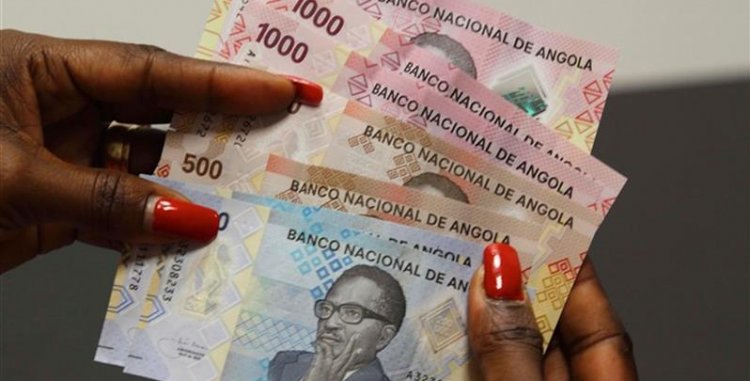"Angola's policy makers allowed the kwanza to depreciate 39.5 percent in June, and we think the currency will continue to depreciate for the rest of the year, falling another 16.8 percent from the midpoint of 830 kwanzas per dollar, to 1000 kwanzas per dollar", write the analysts in a comment on the evolution of the kwanza.
In the analysis, sent to customers and to which Lusa had access, this consultant owned by the same owners of the financial rating agency Fitch Ratings foresees that next year the kwanza will stabilize around this exchange rate, with a slight rise in the world price of the oil and a slower rate of decline in oil production.
"Angola's strong exposure to the external volatility that affects the oil sector presents a risk of depreciating the kwanza even more than forecasts", they also warn.
For BMI, there are three factors that explain the devaluation of the kwanza in recent months: the end of the three-year moratorium on Chinese debt, which ended in the first half of this year and puts pressure on foreign currency reserves, the fall in oil companies due to the reduction of prices and production, and the interest rate cuts between January and June, to 17 percent.
"In the short term, we anticipate that these factors will continue to cause the kwanza's depreciation to persist", reads the analysis of the Angolan currency.
In 2024, they conclude, the kwanza should stabilize, ending at 1010 kwanzas per dollar at the end of the year, mainly due to a slight rise in oil prices and a slower rate of decline in oil production.
The comment specifically on the evolution of the kwanza comes a few days after the revision of the growth perspective, with BMI analysts now predicting an economic recession in Angola this year, with a 0.7 percent drop in Gross Domestic Product (GDP).
"We forecast real GDP to contract by 0.7 percent in 2023, after expanding by 3.1 percent in 2022, which is a downward revision from our previous forecast of 1.8 percent" , reads a note sent to investors.
In reviewing the prospects for the evolution of the Angolan economy, the analysts explain that "this review largely reflects the impact of the strong devaluation of the kwanza in June", and add that "the increase in inflation will impact on household consumption and business investment , which puts even more downward pressure on economic activity in the oil sector".







